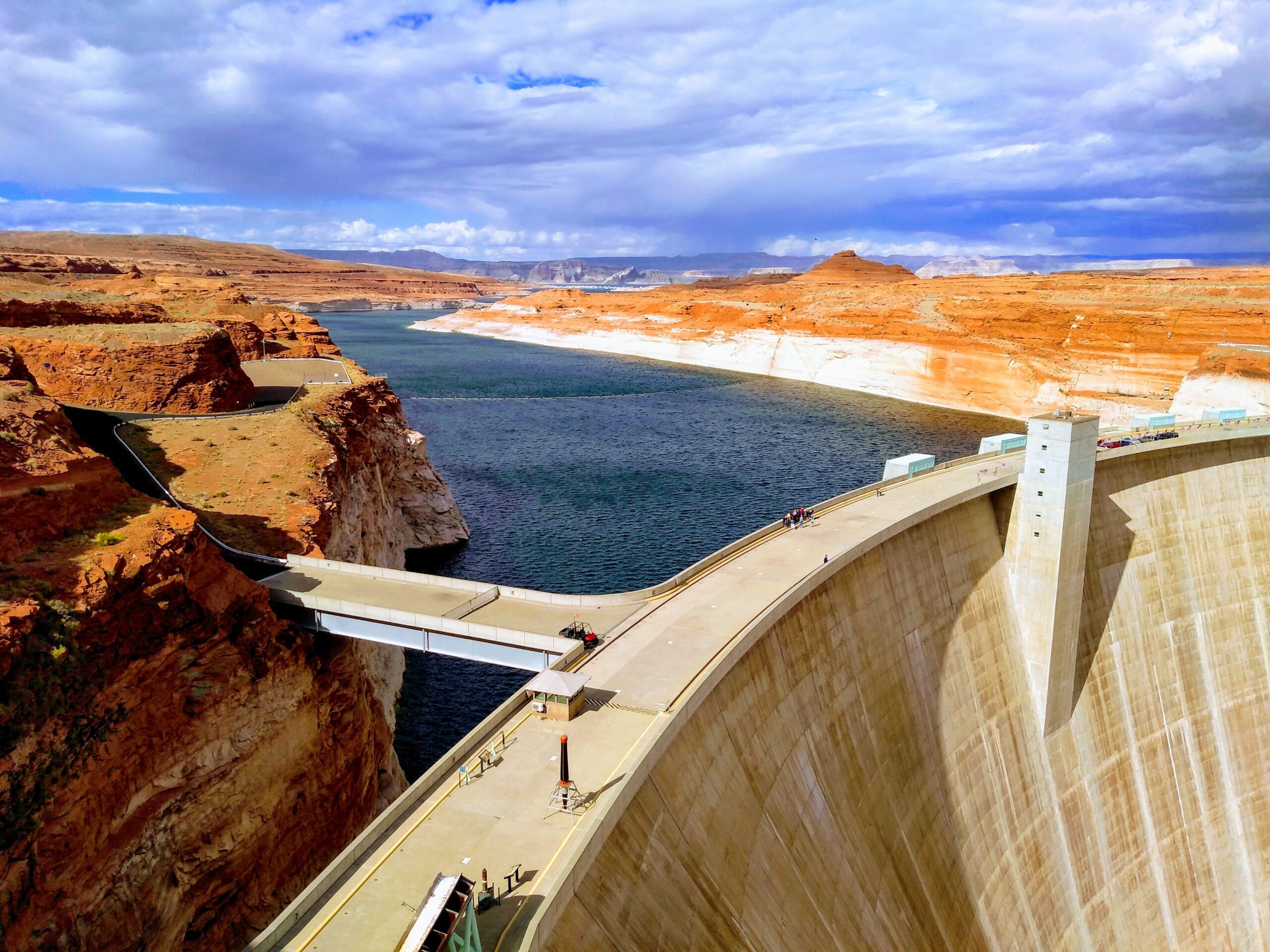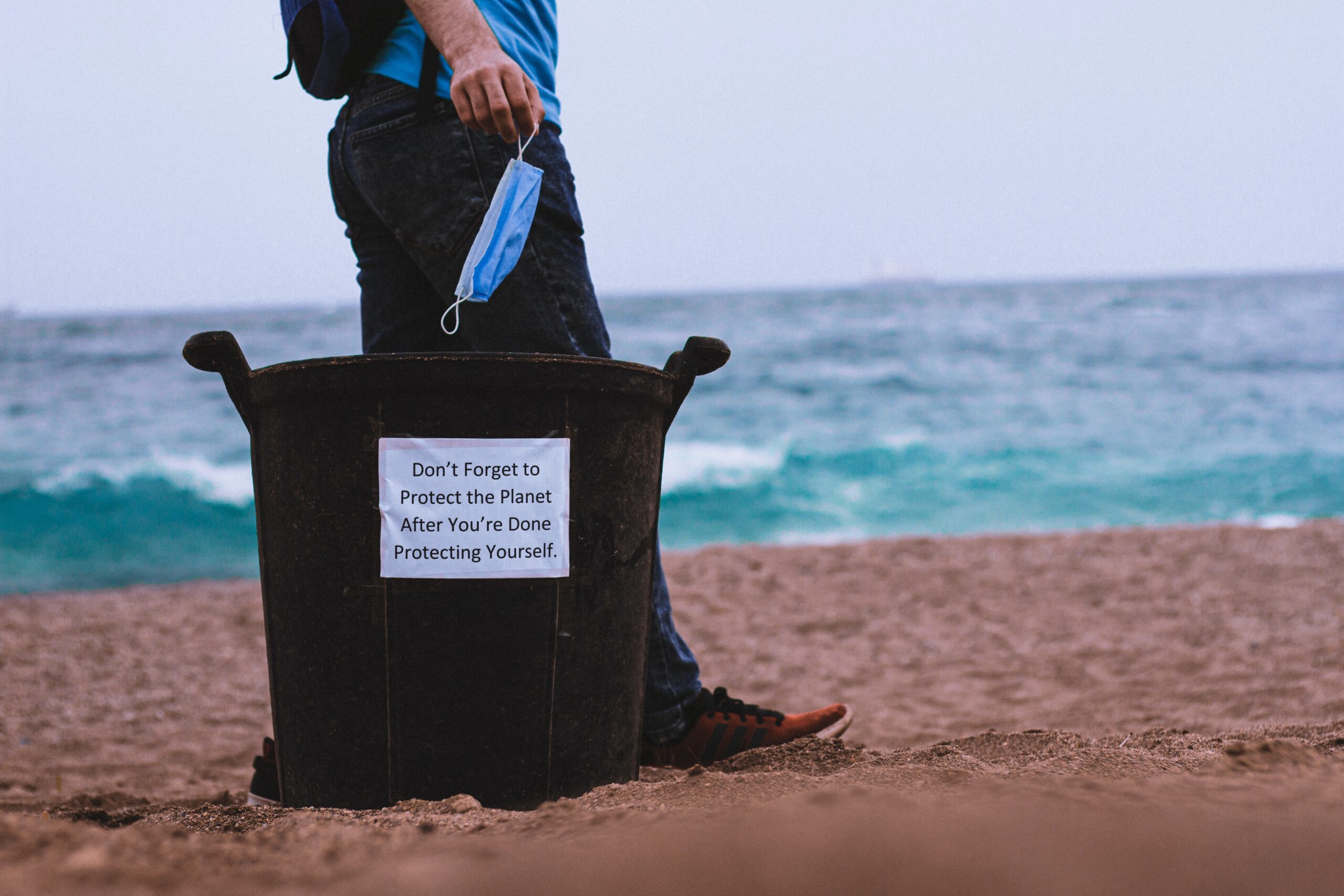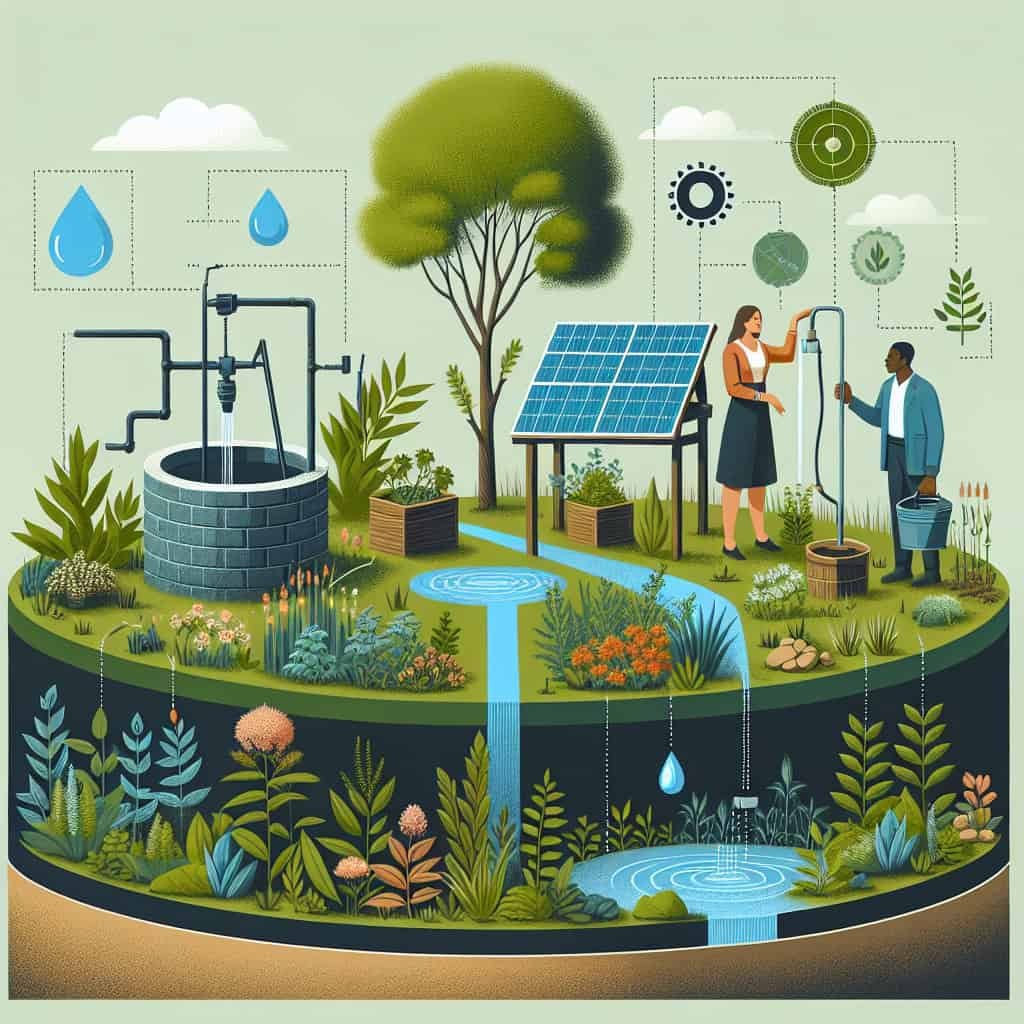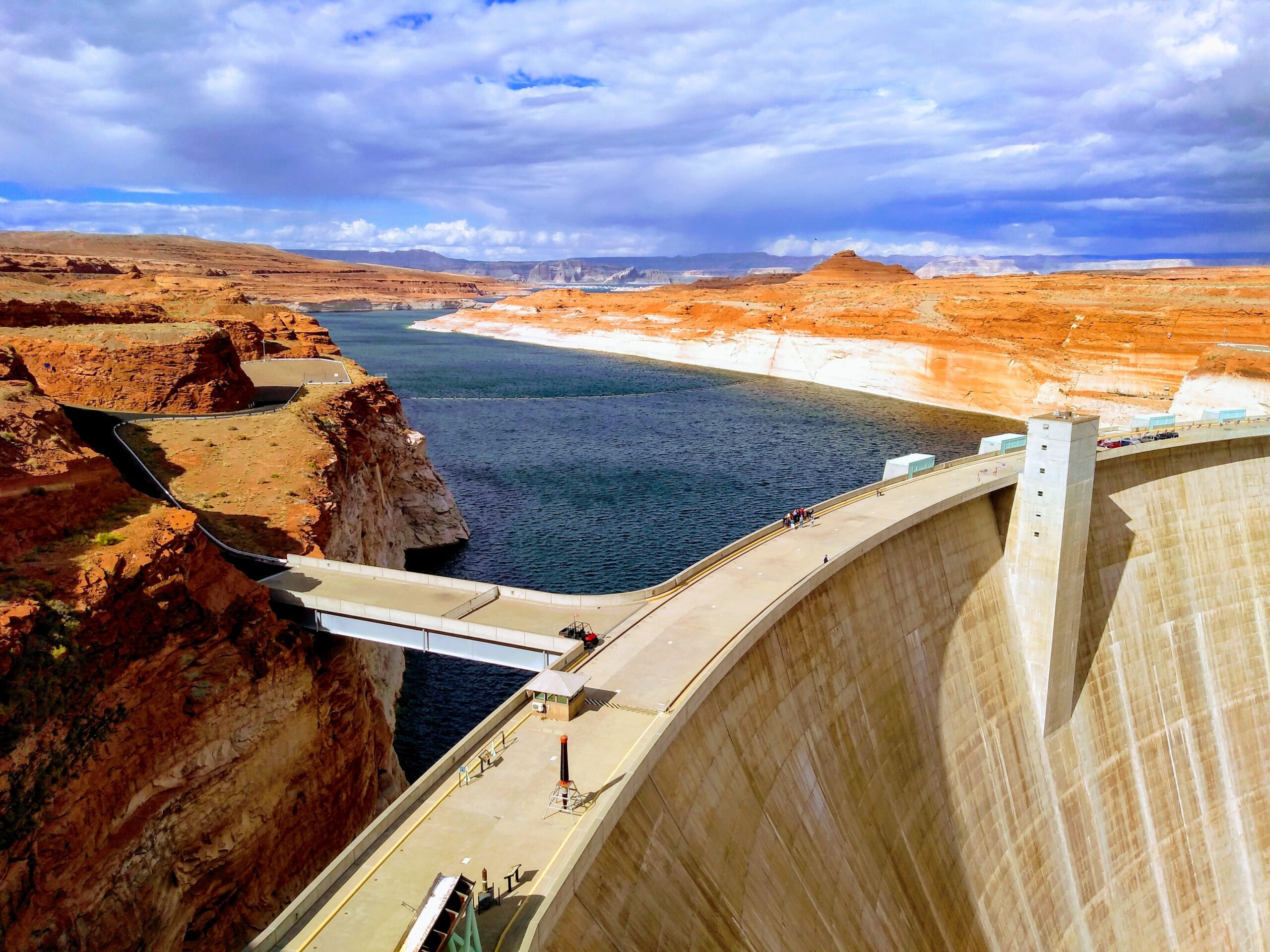If you’re a well owner and want to enhance your landscaping while conserving water, you’ll be glad to know that there are numerous resources available to help you achieve just that. From expert tips on native plants to online forums where you can connect with other well owners, the world of water conservation landscaping is both vast and accessible. So, if you’re eager to transform your outdoor space into a sustainable oasis, look no further than the wealth of information and support at your fingertips.

Researching Water Conservation Landscaping Options
When it comes to creating a water-efficient landscape, conducting thorough research is key to ensuring you make the best choices for your unique situation. Fortunately, there are numerous resources available to assist you in this process.
Online Research
The internet offers a wealth of information on water conservation landscaping. Take advantage of online resources such as articles, blogs, and websites dedicated to sustainable gardening practices. Look for reputable sources that provide detailed information on various landscaping techniques and plant options suitable for water conservation.
Books and Publications
In addition to online sources, consider exploring books and publications that focus on water conservation landscaping. These resources often provide in-depth knowledge and practical tips to help you plan and implement your ideal landscape. Visit your local library or browse online booksellers to find titles that cover topics such as native plants, xeriscaping, and sustainable irrigation methods.
Local Extension Offices
Another valuable resource for water conservation landscaping is your local extension office. These offices are often affiliated with universities and provide research-based information tailored to your specific region. Extension agents can offer advice on plant selection, irrigation systems, and other water-saving strategies. They may also provide workshops or educational materials to further assist you in your water conservation efforts.
Understanding Well Systems and Water Usage
For well owners, understanding your well system and water usage is essential for efficient water conservation practices. By familiarizing yourself with the different types of well systems, calculating your water usage, and monitoring well performance, you can make informed decisions to minimize water waste.
Types of Well Systems
Wells can vary in design and functionality, and it’s important to know which type of system you have. Common types include drilled wells, driven wells, and dug wells. Each type has specific characteristics and maintenance requirements that can impact water conservation efforts. Consult with a well inspector or contractor to determine the type of well system you have and learn about any unique considerations.
Calculating Water Usage
To effectively manage your water usage, it’s helpful to calculate how much water your household consumes. Monitoring your water meter over a fixed period can provide insight into your average daily, weekly, or monthly usage. Understanding your water needs will allow you to make informed decisions about irrigation and landscape design, ensuring you create a sustainable and water-efficient landscape.
Monitoring Well Performance
Regularly monitoring your well’s performance is crucial for detecting and addressing any issues promptly. Keep an eye on factors such as water pressure, flow rate, and the appearance and taste of your water. Any changes or abnormalities may indicate a problem with your well system, which could affect its efficiency and your ability to conserve water effectively. Consult with a professional well inspector if you notice any concerning changes in your well’s performance.
Choosing Suitable Plants for Water Conservation Landscaping
Selecting the right plants for your water conservation landscaping is essential for reducing water consumption and creating a sustainable outdoor space. Consider incorporating native plants, drought-tolerant varieties, and xeriscaping techniques into your landscape design.
Native Plants
Native plants are adapted to the local climate and typically require less water than non-native species. They have evolved to thrive in specific environmental conditions, making them an excellent choice for water conservation landscaping. Native plants also provide important habitat for local wildlife and contribute to the overall biodiversity of the area.
Drought-Tolerant Varieties
Incorporating drought-tolerant plant varieties is another effective strategy for conserving water in your landscape. These plants have evolved to withstand periods of limited water availability and can survive with minimal irrigation once established. Look for species that are well-suited to your region’s climate and soil conditions, and integrate them into your landscape design to create a visually appealing and water-wise environment.
Xeriscaping Techniques
Xeriscaping is a landscaping approach that emphasizes water conservation through efficient design and plant selection. This technique focuses on minimizing the need for supplemental irrigation by using plants that are well-suited to the local climate, incorporating efficient irrigation systems, and utilizing practices such as mulching and soil amendment to maximize water retention. Consider implementing xeriscaping techniques in your landscape to create a beautiful and water-efficient outdoor space.
Implementing Water Conservation Techniques
Once you have chosen suitable plants for your water conservation landscaping, it’s time to implement various water-saving techniques to ensure efficient water usage and minimize waste.
Mulching
Mulching is a simple yet effective technique for water conservation in landscaping. By applying a layer of organic mulch, such as wood chips or compost, around your plants, you can reduce evaporation, suppress weed growth, and improve soil moisture retention. Mulch also helps to regulate soil temperature, which can further benefit plant health. Consider mulching your landscape to conserve water and promote healthy plant growth.
Irrigation Strategies
Implementing efficient irrigation strategies is crucial for minimizing water waste. Consider using drip irrigation systems, which deliver water directly to the plant’s root zone, reducing evaporation and surface runoff. Another option is installing smart irrigation controllers that adjust watering schedules based on weather conditions and plant needs. These controllers can optimize water usage and ensure plants receive adequate moisture without overwatering. Assess your landscape’s irrigation needs and explore these options to maximize water conservation.
Rainwater Harvesting
Rainwater harvesting is a sustainable practice that involves collecting and storing rainwater for future use in irrigation. This technique can significantly reduce reliance on freshwater sources and is particularly beneficial in areas with limited water availability. Install rain barrels or cisterns to capture rainwater from your roof or paved surfaces and use it to water your landscape during periods of drought or low rainfall. Rainwater harvesting is an excellent way to conserve water and contribute to a more sustainable water supply.

Finding Professional Assistance and Expertise
If you need additional guidance or assistance with your water conservation landscaping project, there are professionals available who specialize in various aspects of sustainable landscaping and water conservation.
Well Inspectors and Contractors
For well owners, consulting with a well inspector or contractor can provide valuable insight into optimizing well performance and water conservation. These professionals can perform regular inspections, assess the overall condition of your well system, and recommend any necessary maintenance or improvements. They can also advise on water-saving practices specific to well-based water sources, ensuring you make the most of your available water resources.
Landscape Designers
Engaging the services of a professional landscape designer can help you create a water-efficient landscape tailored to your specific needs and preferences. Landscape designers have expertise in selecting appropriate plants, designing irrigation systems, and maximizing water conservation in outdoor spaces. They can work with you to develop a comprehensive plan that incorporates sustainable landscaping practices and achieves your desired aesthetic goals.
Water Conservation Specialists
Water conservation specialists focus specifically on promoting water-efficient practices and can provide expert advice on a range of topics, including landscaping. These professionals often work in government agencies, non-profit organizations, or private consulting firms. They possess extensive knowledge of water conservation strategies, regulations, and emerging technologies. Consulting with a water conservation specialist can help you navigate the complexities of water conservation and ensure your landscaping efforts align with best practices.
Financial Assistance and Incentive Programs
To incentivize and support water conservation efforts, various financial assistance programs are available to well owners and homeowners implementing water-saving measures.
Government Grants and Rebates
Many governmental agencies offer grants and rebates to encourage water conservation initiatives. These financial incentives can offset the costs of purchasing and installing water-efficient appliances, upgrading irrigation systems, or implementing other landscape improvements. Research the programs available in your area and explore the eligibility requirements and application processes. Taking advantage of these grants and rebates can help make water conservation landscaping more affordable and accessible.
Non-profit Organizations
Non-profit organizations often have initiatives or programs focused on water conservation and sustainable landscaping. These organizations may offer educational resources, workshops, or grants to support homeowners in their water-saving efforts. Look for local non-profit organizations dedicated to environmental conservation or water resource management and explore the resources they provide. Engaging with these organizations can not only help you implement effective water conservation techniques but also connect you with like-minded individuals in your community.
Private Sector Initiatives
In addition to government and non-profit programs, some private companies and organizations offer incentives for water conservation measures. These initiatives may include discounts on water-efficient products, free consultations or evaluations, or financing options for landscape improvements. Research private sector initiatives in your area, such as partnerships with utility companies or landscaping businesses, to explore the incentives they offer. These programs can provide valuable support and assistance in implementing water conservation practices.

Local Regulations and Permits
Understanding and complying with local regulations and permits is crucial when implementing water conservation landscaping, particularly for well owners. Familiarize yourself with any water use restrictions in your area and ensure you obtain the necessary permits and inspections.
Water Use Restrictions
Some regions may have specific water use restrictions in place to manage water resources effectively. These restrictions may limit the times and days when irrigation is allowed, dictate the use of certain types of irrigation systems, or impose maximum water usage thresholds. Familiarize yourself with these regulations and ensure your watering practices comply with the restrictions. By adhering to water use guidelines, you contribute to overall water conservation efforts and avoid potential penalties.
Well Permits and Inspections
Well owners may need to obtain permits or undergo inspections to ensure their wells meet safety and environmental standards. These requirements vary depending on local regulations and can help identify potential issues that may impact water conservation and quality. Contact your local regulatory agency or extension office to determine if any permits or inspections are necessary for your well system, and stay up to date with any renewal or inspection schedules.
Environmental Impact Assessments
In some cases, implementing major landscape changes or construction projects may require an environmental impact assessment. This assessment evaluates the potential environmental effects of the proposed changes and helps identify mitigation measures to minimize any negative impacts. If you’re considering significant modifications to your landscape, consult with relevant authorities to determine if an environmental impact assessment is required. This process ensures your water conservation landscaping efforts align with environmental regulations and best practices.
Maintaining and Monitoring Water Conservation Landscapes
Creating a water-efficient landscape is just the beginning. To ensure its long-term success, regular maintenance and monitoring are essential.
Irrigation System Maintenance
Maintaining your irrigation system is crucial for its optimal performance and water efficiency. Regularly inspect and repair leaky pipes, malfunctioning sprinkler heads, or clogged irrigation nozzles. Adjust the watering schedule and duration based on seasonal weather patterns to avoid over or under watering. Performing routine maintenance and managing your irrigation system effectively will help conserve water and keep your landscape healthy.
Regular Plant Care
Proper plant care plays a significant role in water conservation landscaping. Monitor your plants for signs of stress or disease and address any issues promptly. Prune overgrown branches, remove weeds, and provide appropriate fertilization to promote healthy growth and minimize water requirements. By maintaining your plants’ overall health, you can decrease water needs and prevent wasteful water usage.
Ensuring Well Efficiency
For well owners, ensuring well efficiency is crucial for effective water conservation. Regularly test your well water quality and schedule inspections to assess well performance. Repair any leaks or damages to well components promptly, as these can lead to water loss and increased energy consumption. By monitoring and maintaining your well system, you can ensure optimal water supply and minimize wasted resources.

Educational Workshops and Events
Staying informed about water conservation techniques and trends is essential for continuously improving your water-saving efforts. Attend educational workshops and events focused on water conservation, landscaping practices, and sustainable gardening to expand your knowledge and connect with fellow enthusiasts.
Water Conservation Seminars
Water conservation seminars provide a valuable opportunity to learn from experts in the field. These events often cover a range of topics, including the latest research, best practices, and emerging technologies in water conservation. Attend seminars offered by local extension offices, universities, or water management organizations to gain valuable insights and stay up to date with advancements in the field.
Landscaping Workshops
Landscaping workshops are ideal for those seeking practical advice and hands-on experience in creating water-efficient landscapes. These workshops often include demonstrations, interactive sessions, and expert guidance on topics such as plant selection, irrigation system design, and landscape installation. Participating in these workshops can equip you with practical skills and confidence to implement effective water conservation techniques in your own landscape.
Gardening Expos
Gardening expos are excellent opportunities to explore a wide range of water conservation landscaping options and connect with local vendors, experts, and fellow gardening enthusiasts. These expos often feature exhibits, informational booths, and expert-led presentations on sustainable gardening practices. Attend your local gardening expo to discover new plant varieties, innovative irrigation technologies, and landscaping resources available in your area.
Joining Online and Local Communities
Building connections with fellow gardeners, well owners, and water conservation advocates can provide valuable support and resources throughout your water conservation journey. Consider joining online communities and local organizations to share experiences, exchange ideas, and stay motivated.
Online Forums and Discussion Boards
Participating in online forums and discussion boards dedicated to water conservation and landscaping allows you to connect with a broader community of like-minded individuals. You can ask questions, seek advice, and share your own experiences and successes. These online communities often provide a wealth of knowledge, from practical tips to inspirational stories, helping you navigate the challenges and celebrate the accomplishments of your water conservation efforts.
Local Gardening Clubs
Joining a local gardening club or association is an excellent way to meet fellow gardeners in your community who share similar interests. These clubs often organize group activities, workshops, and garden tours that focus on sustainable gardening practices and water conservation. Engaging with local gardeners provides an opportunity to exchange ideas, learn from experienced individuals, and contribute to collective efforts in creating water-wise landscapes.
Well Owner Associations
If you’re a well owner, consider joining a well owner association or similar groups dedicated to promoting responsible well management and water conservation. These associations often provide resources, information, and networking opportunities specific to well owners. By joining such associations, you can access expert advice, receive updates on well-related regulations, and connect with a supportive community of fellow well owners seeking to conserve water and protect groundwater resources.
In conclusion, researching water conservation landscaping options, understanding well systems and water usage, choosing suitable plants, implementing water conservation techniques, finding professional assistance, exploring financial assistance programs, complying with local regulations, maintaining and monitoring landscapes, attending educational workshops and events, and joining online and local communities are all essential steps towards creating a sustainable and water-efficient outdoor space. By taking a comprehensive approach and implementing these strategies, you can contribute to water conservation efforts and create a beautiful landscape that benefits both your immediate environment and the broader ecosystem. Happy landscaping!

